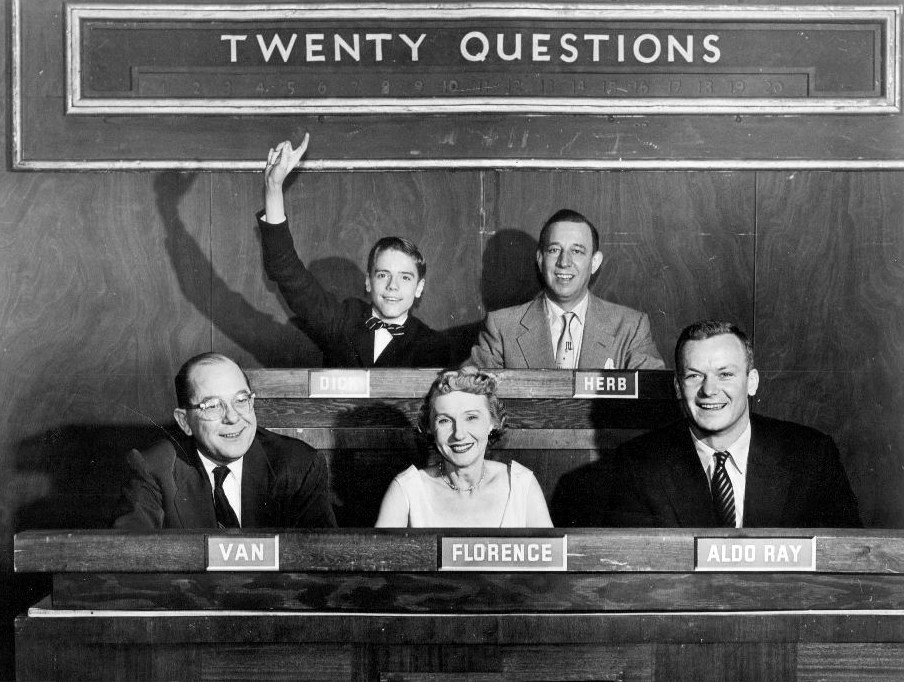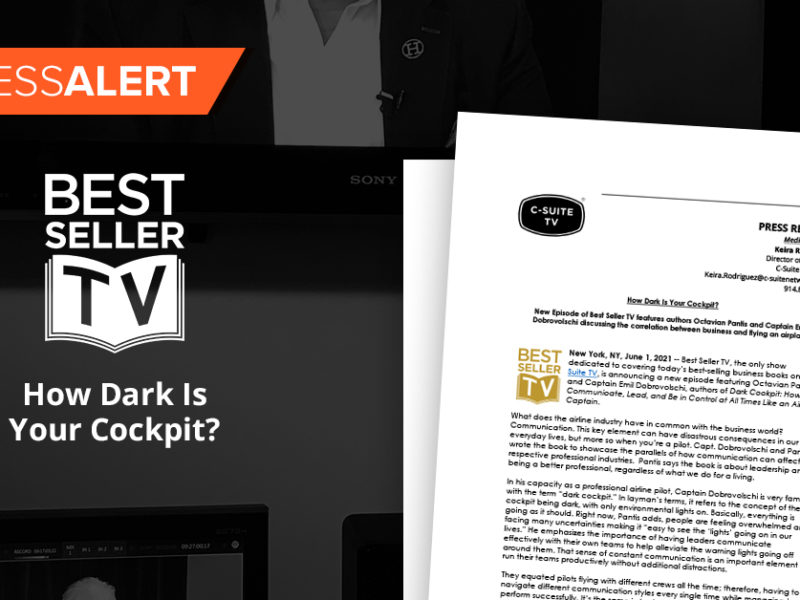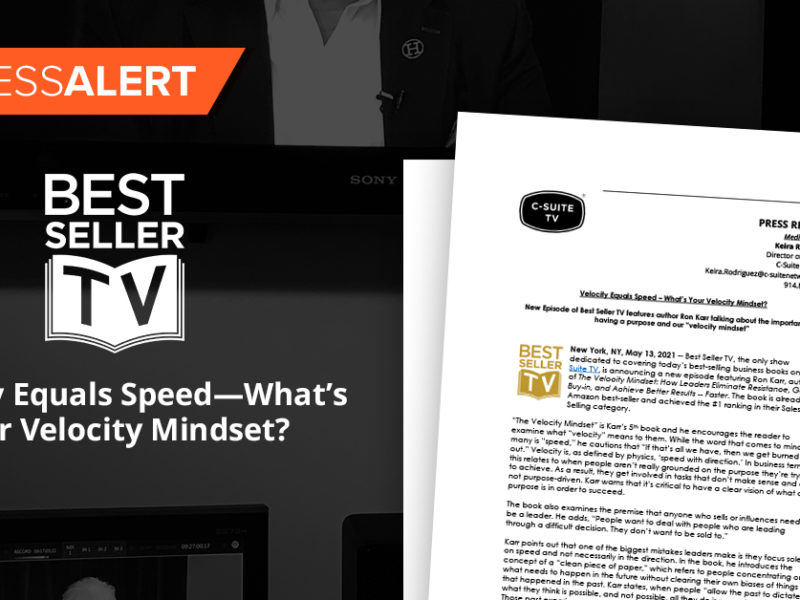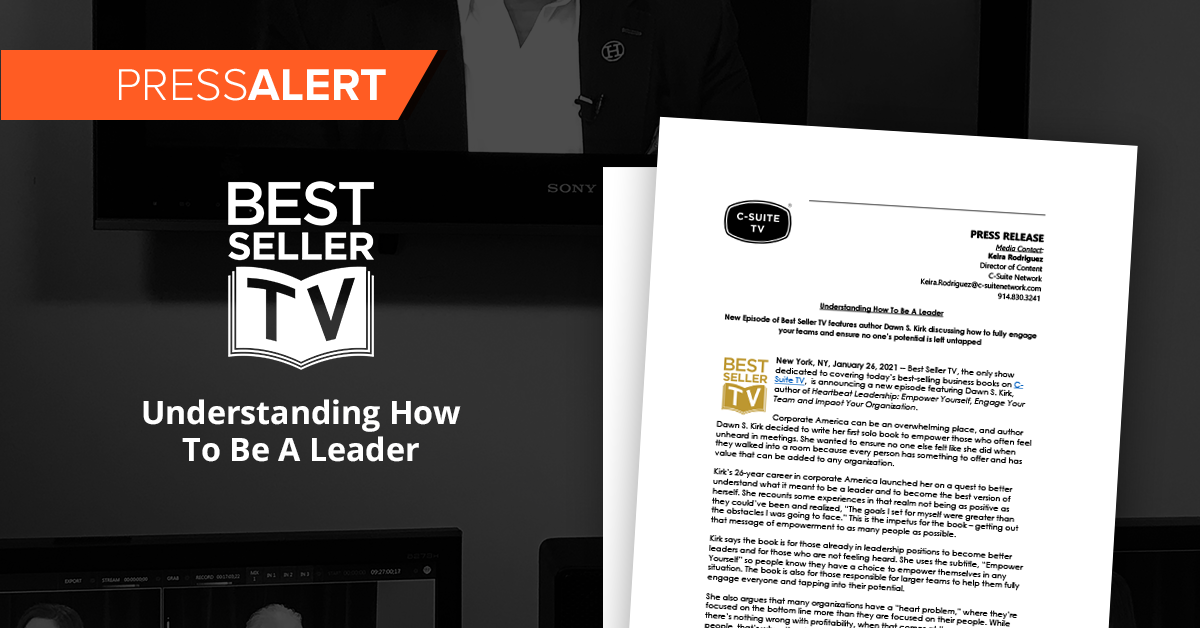
C-Suite Q&A – Good Teams Need Great Leaders
C-Suite Q&A – Good Teams Need Great Leaders https://csuiteold.c-suitenetwork.com/wp-content/uploads/2015/07/20_questions_1954.jpg 904 682 C-Suite Network https://csuiteold.c-suitenetwork.com/wp-content/uploads/2015/07/20_questions_1954.jpgby Brendan King

C-Suite Q&A
Good Teams Need Great Leaders
As the CEO of Vendasta, Brendan King is constantly traveling through North America, frequenting conferences and talking to partners. Being a bit of a rarity—he runs a successful tech company out of Saskatoon in the Canadian prairie— he’s often pulled aside for interviews. His team noticed a few questions that hadn’t been asked, and decided to do so regarding being a member of the c-suite. Here’s what he had to say:
What’s the biggest c-suite myth? What is the biggest perk that people think you have, and what is it really?
The biggest myth might be that you don’t have to worry about the small things. You can’t let the small things slide. If the coffee is empty, make it. If there is garbage on the floor, pick it up. The biggest perceived perk depends on where you sit. People that don’t travel think it is travel, people that have structured schedules think it is freedom. For me the biggest perk is creating a shared destiny for the company.
What obstacle did you have to overcome that people around you thought was nearly impossible? How and why did you do it?
Start a global tech company in Saskatoon Saskatchewan. We did it because there is a great base of talent, work ethic, skills and smarts. It’s not without its challenges, but it also has its advantages.
What do you think you are most successful at and why?
Creating a vision for the future and developing a plan to get there. Understanding what businesses need—not what they want—and finding a way to deliver that value. And why? My degree is in physics: I have always wanted to understand how and why things work. I would say that I have an unrelenting drive to uncover the basic mechanics behind what is really happening and why, and build testable and provable business hypothesis.
Do companies have to tell customers or employees everything to be open and honest?
I think transparency is important. It forces you to have clarity of thought and reasoning, and to develop succinct communication. We hold back some types of financial information, but more for competitive or strategic reasons.
It’s been said that nothing is ridiculous if you’re willing to employ a little ‘irrational’ leadership to create tension and results. Does this resonate with you? If so, how do you know where the edge of the table is and what failure looks like?
Damn right it does. In physics we used to say F=MA (Force = Mass x Acceleration) and you can’t push a rope. Often you need to push a rope—complacency is the enemy. An object at rest tends to stay at rest. Sometimes you simply have to get a little “irrational” to make people move. The edge of the table is always farther away than you think it is. The real world is not flat—it’s pretty hard to fall off the edge. Failure is hard to define. Failure is simply disproving one hypothesis and moving on to another, and at the end of the experiment, you have success.
A lot of people want to believe that the c-suite and leaders in general have all the answers, but we know that is not true. In fact, wearing your failures on your sleeve has become vogue, even passé. Has failure become too much of a badge of honor? What is your biggest failure and what did you learn from it? Failure is only cool if you learn from it, QUICKLY move on and pile up some wins. Hanging on to it like a badge is not cool. I think how you react to failure often is a product of your environment. Where I am from, we dust ourselves off, learn from it and move on to proving the next hypothesis. My biggest failure? A long time ago in a different life I got into a crappy industry (retail), and tried to do everything myself. I never asked for advice. Now I ask for advice from people who have been there and done that.
We always think of the c-suite as having people doing things for them but what are things that you do that you do that you won’t let anyone else do?
Make decisions without data. At the end of the day it’s my behind on the line. If we are going to make a decision without data, it may as well be mine.
Has your c-suite changed and evolved? How does it determine your and your company’s cadence?
Absolutely. Our s-suite is currently made up of folks I have worked with since 1999, except our CFO, who was the VP of Finance for Bacardi, because I talked him out of retirement when he moved back to Saskatoon. Every one of these guys has a different and complementary skillset. When we were a startup, we all participated in the big decisions. Now as we grow through 150 people, that simply isn’t possible. Executives have to make individual decisions and take singular responsibility. The drum of our cadence is beating faster.
What does it take to keep things fresh and still retain your brand distinctiveness?
It takes constant creation of value for your customers. This means tirelessly testing new hypotheses and constantly creating new products and improving existing products. I often say that we need to move forward so fast that there is no need to look in the rearview mirror.
When I say think big, act bigger what do you think? What does that mean to you?
I know a lot of folks that have big dreams. They talk about their ideas for hours, days and years, often over a bottle of wine. Unless you act—make a plan and do something—all those great ideas will go to waste.
 Brendan King is the co-founder and CEO of Vendasta Technologies, a company that builds white label reputation management, social media marketing and listings management software for some of the most successful media companies in the world. Brendan and Vendasta are almost synonymous. Both are governed by four core values: drive, innovation, respect and agility. Brendan is extremely passionate about upholding these core values while leading Vendasta down a path of innovation to become the number one provider of essential brand management products. Follow him on Twitter @brendanking.
Brendan King is the co-founder and CEO of Vendasta Technologies, a company that builds white label reputation management, social media marketing and listings management software for some of the most successful media companies in the world. Brendan and Vendasta are almost synonymous. Both are governed by four core values: drive, innovation, respect and agility. Brendan is extremely passionate about upholding these core values while leading Vendasta down a path of innovation to become the number one provider of essential brand management products. Follow him on Twitter @brendanking.




